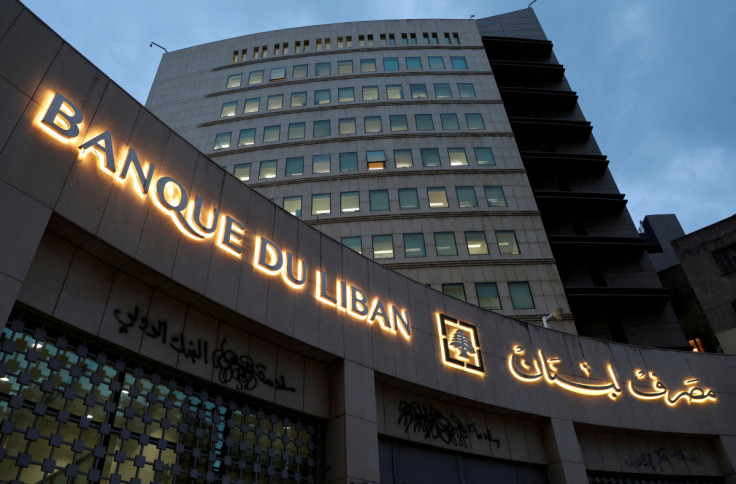IMF Says Lebanon Needs Urgent Economic Reforms To Stop Deepening Crisis

Lebanon must take urgent action on comprehensive economic reforms to avoid "irreversible consequences" for its economy, the International Monetary Fund said on Thursday.
IMF spokesperson Julie Kozack told reporters that IMF staff concluded an Article 4 consultation with Lebanese authorities on June 1, and concluded that reforms were urgently needed to arrest the "severe and deepening crisis" facing the economy.
"Lebanon needs urgent action to implement a comprehensive economic reform program to arrest the severe and deepening crisis and to allow Lebanon's economy to recover," Kozack said, adding that the IMF was concerned that delays in implementing key reforms were keeping the economy severely depressed.
"We are concerned about irreversible consequences for the economy, especially for the poor citizens of Lebanon and the middle class," she said.
Kozack said the IMF remained engaged and was willing to support Lebanon, but the country would also need strong financial support from the broader international community to cover the "very large financial needs" it faces in coming years.
To that end, it was critical that the Lebanese government secure broad political support to implement the economic reforms that were agreed with IMF staff in April 2020 to end the current crisis, she said.
Kozack said IMF official Jihad Azour, a former Lebanese finance minister, was on temporary leave to avoid any perceived conflict of interest after his nomination by Lebanon's opposition, independent and main Christian parties to challenge Hezbollah-backed candidate Suleiman Franjieh for the presidency.
Azour, who heads the IMF's Middle East and Central Asia department, had temporarily relinquished his duties at the global lender and was now on leave "in order to avoid any perception of conflict of interest," she said.
Lebanon has had no head of state since President Michel Aoun's term ended at the end of October, deepening institutional paralysis in a country where one of the world's worst economic crises has been festering for years.
Pro-Iranian Hezbollah, the country's main armed political force, and its Shi'ite ally Amal, had backed Franjieh, 56, heir of an old Lebanese Christian political dynasty and an ally of Syrian President Bashar al-Assad with strong ties to the ruling political establishment in Damascus.
Opposition deputies said the consensus around Azour could help him garner the 65 votes needed in a secret ballot by lawmakers in the 128-member parliament to assume the post reserved for a Maronite Christian under the country's complex sectarian power sharing regime.
© Copyright Thomson Reuters 2024. All rights reserved.





















